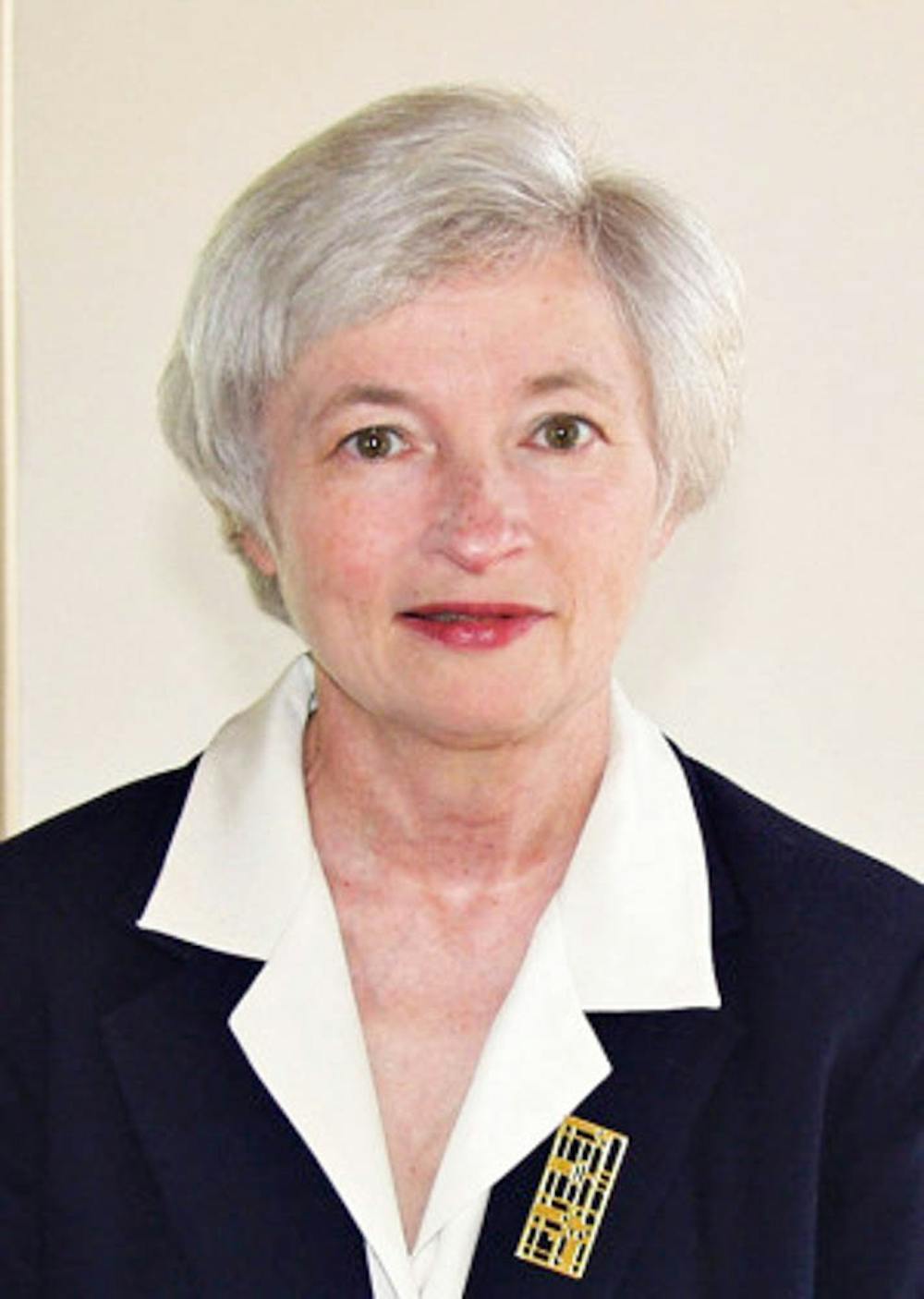Federal Reserve Chair Janet Yellen ’67 announced her decision to resign from the Federal Reserve’s Board of Governors Nov. 20 in a letter to President Trump, following his Nov. 2 decision to nominate Jerome Powell, a current governor on the board, for the position of chair rather than grant her another term.
Yellen’s term as chair ends Feb. 3, but she will hold the position until Powell is confirmed, the New York Times reported. Had she not chosen to resign, she could have stayed on the board until her term as governor ends in 2024. Though many Democrats pushed for her to maintain her seat, her decision was neither unexpected nor unprecedented; the last time a Federal Reserve chair stayed on the board following their time as chair was in 1948.
Yellen was the first female head of the Federal Reserve. Her career with the Fed spanned “three eventful decades,” as she wrote in her letter to Trump. Prior to holding the positions of vice chair and chair of the Federal Reserve, she was president of the Federal Reserve Bank of San Francisco from 2004 to 2010.
Yellen completed her undergraduate degree at Pembroke College, before the campus merged with Brown’s in 1971. Assistant Professor of Economics Neil Mehrotra called Yellen’s position at the Fed “a great distinction for the University,” adding that she was “path-breaking in many ways.”
“She has seen her role as trying to normalize monetary policy after a period in which (it) tried to be very active in fighting the after effects … of the financial crisis,” Mehrotra said. Yellen has worked to “keep monetary policy expansionary” and “avoid the perception that excessively low interest rates might lead to other imbalances in the financial system,” he added.
In her resignation letter, Yellen wrote that the economy has “produced 17 million jobs, on net, over the past eight years and, by most metrics, is close to achieving the Federal Reserve’s statutory objectives of maximum employment and price stability.” The New York Times reported that October’s 4.1 percent unemployment rate meant the Fed was closer than ever to reaching its goal of maximizing employment while maintaining a stable rate of inflation.
According to Business Insider, the announcement of Yellen’s departure from the Fed was met with disappointment, specifically from lower, working class individuals whom she had defended via her discussions of topics like economic inequality.
“Typically you wouldn’t think, … given her track record, that Janet Yellen would be replaced,” Mehrotra said. “But that’s what has been decided.” Former President Jimmy Carter’s decision to replace Federal Reserve Chair George William Miller in 1979 marks the last time a chair was not given a second term, Bloomberg reported.
Yellen wrote that she is “confident,” that Powell is “deeply committed” to the mission of the Fed and that she would do her “utmost to ensure a smooth transition.”
Powell lacks an academic background in economics, Mehrotra said, and, as a result, “he is less steeped in some of the academic debates,” so it is “harder to know what he would do if things go south or if something unexpected happens.” However, if existing conditions continue, Powell is “unlikely to rock the boat,” given that he tends to share Yellen’s perspectives on monetary policy, he added.





